Update: This article was last updated on 22nd December 2023 to reflect the accuracy and up-to-date information on the page.
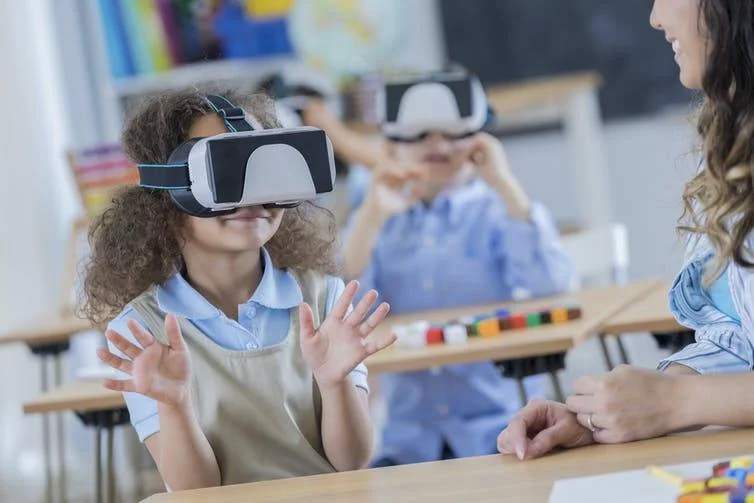
Video games are typically regarded as a waste of time. This notion was stronger in the 1990s when video games were synonymous with wasting time and distracting children from constructive activities such as studying or playing outside.
But video games have come a long way since their inception in the 1970s. From being mere sources of entertainment, they have evolved into a medium that can educate and train individuals on various topics.
The global Kids Educational Games Market was valued at $4.19 billion in 2022 and is projected to reach $20.58 billion by 2030, exhibiting a CAGR of 22.59% from 2023 to 2030.
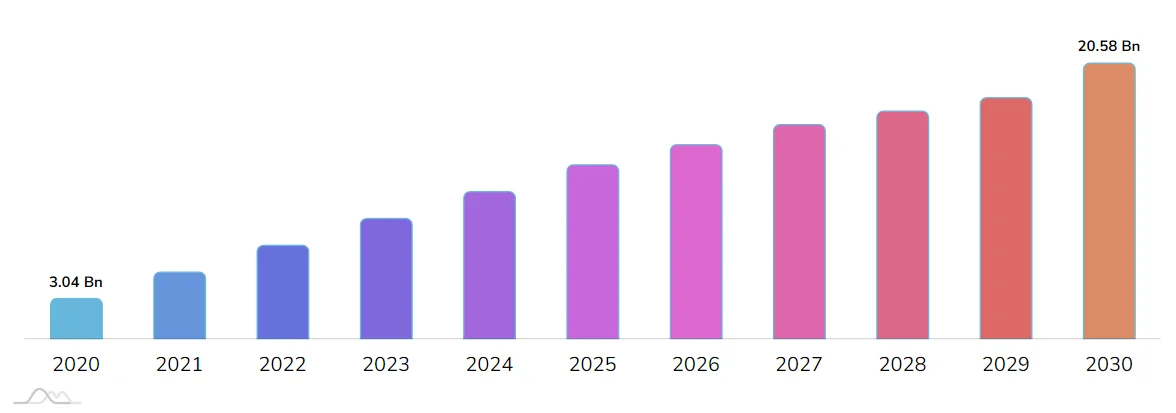
These statistics indicate that video games have become a significant part of our culture, and their potential as a learning tool cannot be ignored.
Benefits of Game-Based Learning
| Type of School | Description and Curriculum |
|---|---|
| 1. Enhanced Engagement | The inherent enjoyment of games makes learning more engaging and immersive, encouraging active participation. |
| 2. Motivation and Goal Achievement | Games involve setting and achieving goals, motivating learners to progress and experience a sense of accomplishment. |
| 3. Active Learning | Learners make decisions, solve problems, and apply knowledge actively, deepening their understanding of the subject matter. |
| 4. Adaptability and Customization | Games can be personalized to adapt to learners' pace and proficiency levels, catering to individual learning styles. |
| 5. Long-Term Memory Retention | The engaging nature of game-based learning enhances memory retention, leading to better recall of information. |
| 6. Real-world Application | Educational games simulate real-world scenarios, allowing learners to apply theoretical knowledge to practical situations. |
Moonpreneur
3 Ways Video Games Help Nurture Children
1. Improve cognitive abilities
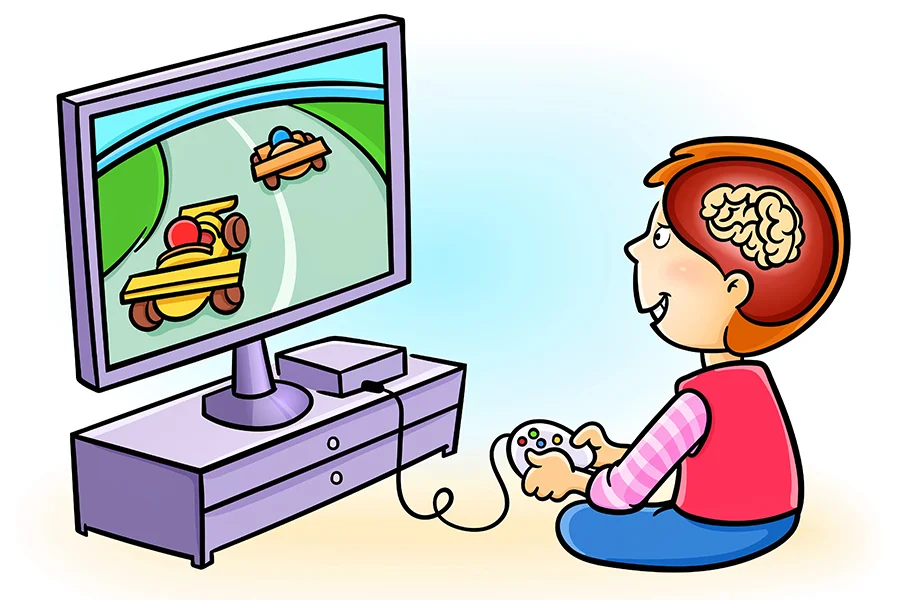
Playing video games can help improve cognitive abilities such as problem-solving, spatial awareness, and decision-making. This is because most video games require players to navigate complex environments and make split-second decisions.
Here are a few examples of video games developed for the holistic development of a child.
Call of Duty
Playing this first-person shooter game requires players to think quickly and make decisions on the fly, improving their ability to react to real-life situations.
Minecraft
In this game, the players must gather resources and build structures while avoiding obstacles such as monsters and lava. This teaches players to plan ahead, think creatively, and solve problems logically.
Portal
The AI-driven Portal game is about taking calculated steps and subsequent risks to move onto the next stage. This helps develop important life skills such as risk assessment and logical reasoning.
The Legend of Zelda (The Breathe of the Wild)
This adventure game requires to player to draft a long-term plan for how to conquer the main quests. It’s important to know the right order of completing the quests, the items needed, and how to get them. Thereby developing a systematic approach to setting and achieving goals.
2. Explore Civic and Social Issues
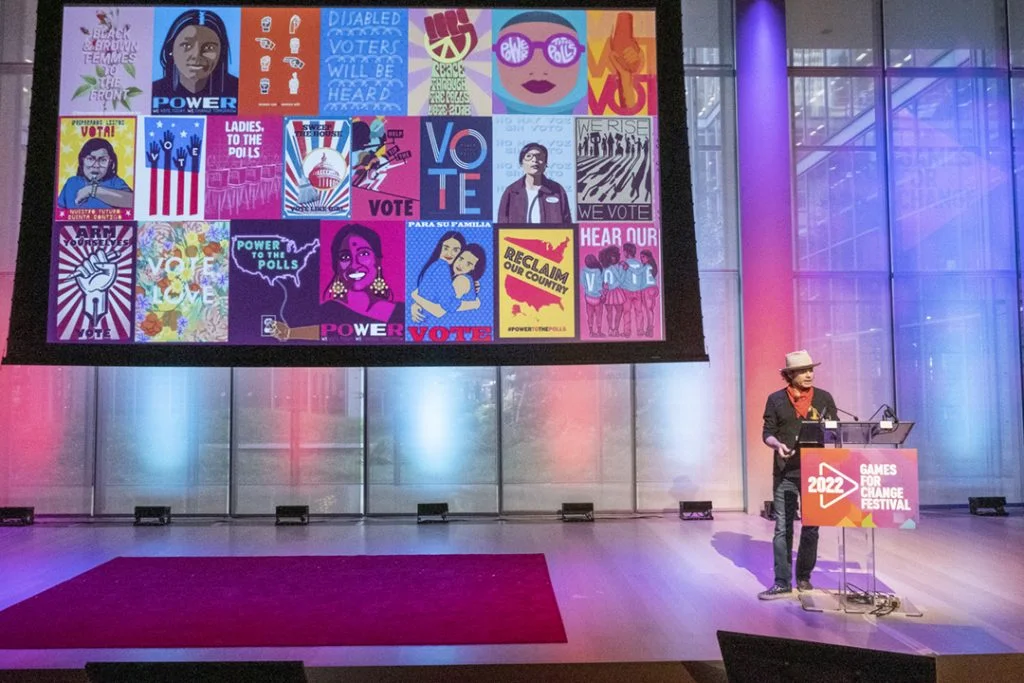
Some video games are designed specifically to address social issues and promote civic engagement, such as games that focus on environmental sustainability, social justice, or political activism. By playing these games, kids can develop a deeper understanding of these issues and learn how to engage in constructive dialogue and action.
Here are a few examples of video games developed to teach kids about civic and social issues:
Minecraft: Education Edition
This popular game has been adapted for educational purposes, including teaching about environmental sustainability, urban planning, and social justice issues.
World Rescue
This game, developed by the British Red Cross, teaches kids about natural disasters, first aid, and other emergency response skills.
Democracy 3
In this game, players take on the role of a political leader and must make decisions on various social and economic issues, teaching kids about the complexities of governance and policy-making.
Darfur is Dying
This game aims to raise awareness about the ongoing conflict in Darfur and encourages players to take action to help those affected by the crisis.
Mission US
This series of games immerses players in different periods of U.S. history and teaches about important events and issues, including the American Revolution, slavery, and immigration.
3. Teach empathy
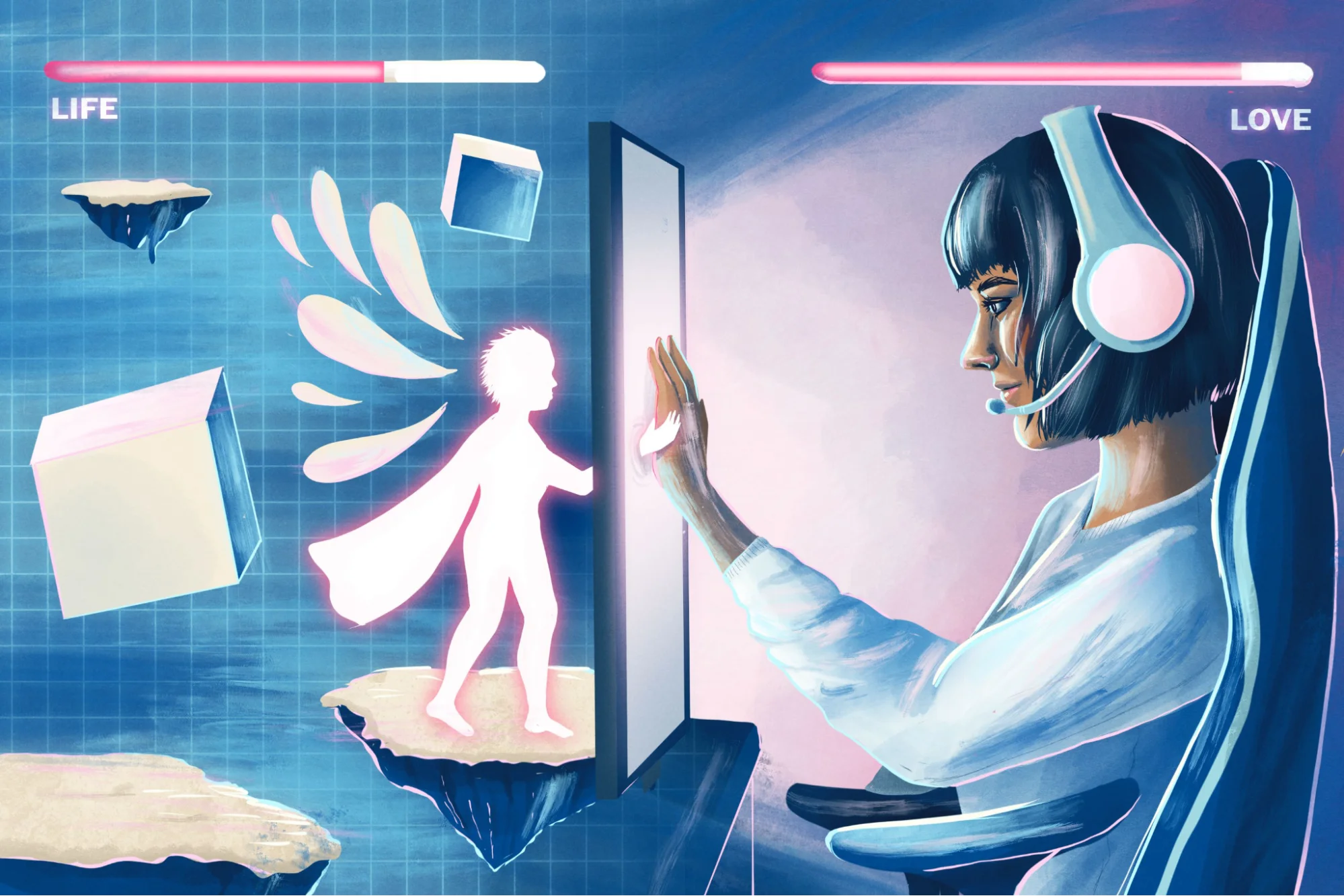
Want to raise an empathic kid? Videos can surely help to the extent that these little players of today can become the world leaders of tomorrow – starting movements of change.
According to Matthew Farber, author of “Gaming SEL: Games as Transformational to Social and Emotional Learning,
“We are now starting to realize the power that games can have at evoking certain competencies such as empathy and compassion.”
Today, many games are designed to create immersive experiences that allow players to step into the shoes of others and see the world from their point of view. Through gameplay and storytelling, video games can help players develop a deeper understanding of deep connections, pain, and loss.
Here are a few examples of empathy video games that achieved global recognition:
That Dragon, Cancer:
This game explores sensitive topics such as terminal illness and teenage struggles, respectively. These games can help players understand and relate to the emotions and experiences of the characters they interact with.
Papers, Please:
This game puts players in the role of an immigration officer, forcing them to make difficult decisions and consider the consequences of their actions.
Path Out:
This visually stimulating game gives players a glimpse into the experiences of Syrian refugees. The game is based on the real-life experiences of the game’s creator, Abdullah Karam, who was forced to flee Syria in 2014.
Conclusion
According to a study by the Entertainment Software Association, 65% of American households have at least one person who plays video games regularly. Moreover, 93% of parents believe that video games have a positive impact on their child’s life.
As more and more people embrace video games as a legitimate form of entertainment, it is important to recognize their potential as a learning tool and to continue to explore ways in which they can improve education and training.
However, it’s important to remember that moderation is key, and excessive gaming can negatively affect mental and physical health.
Moonpreneur understands the needs and demands this rapidly changing technological world is bringing with it for our kids. Thus we are on a mission to educate and ignite the flames of entrepreneurship through our holistically created online STEM programs, which will help kids master the futuristic sciences such as Robotics, Game Development, App Development, Advanced Math, and much more!!
Register for a free 60-minute Robotics Workshop today!












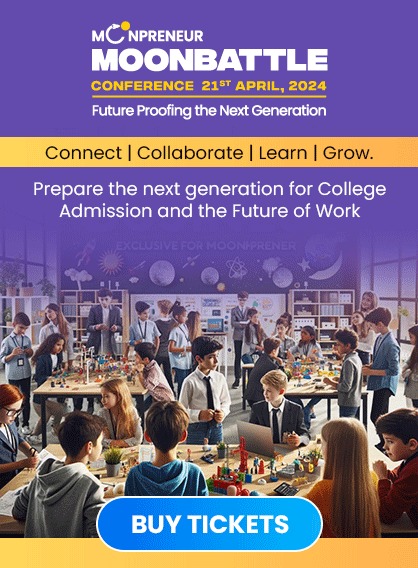




How can video games be used in the classroom?
In addition, studies have found that virtual games can improve focus and attention for students with ADHD and help students with dyslexia improve spatial and temporal attention, which can translate into improved reading. But games aren’t substitutes for other forms of learning.
does video games do any good than bad to kids
Video games can positively impact children’s cognitive skills and creativity but raise concerns about violence, addiction, sedentary behavior, and social isolation. Parental monitoring and encouraging a balanced approach are essential.